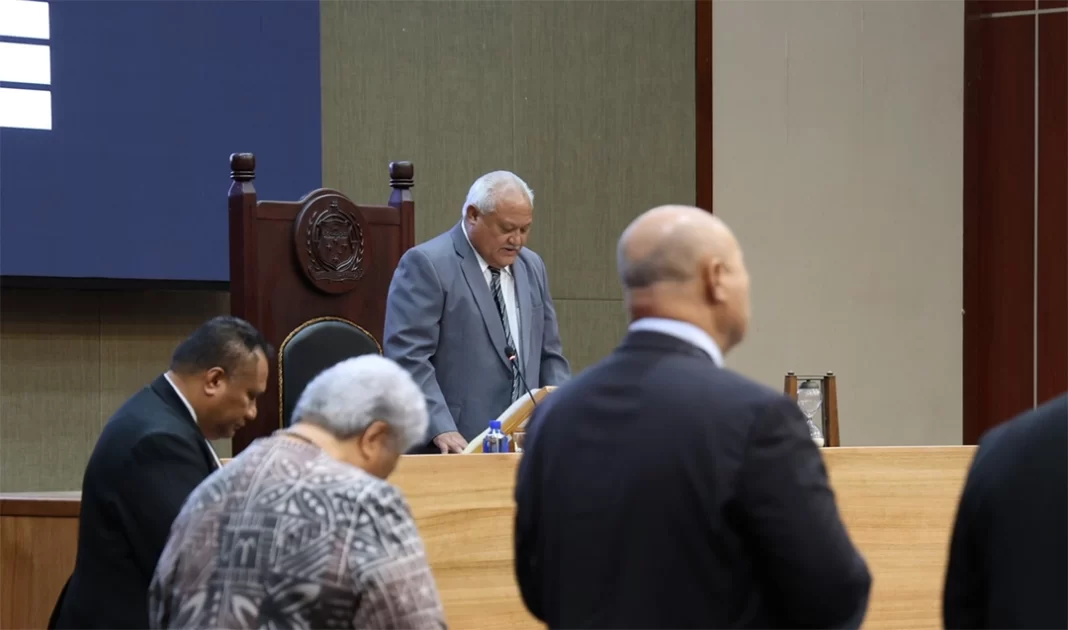When I read Dr Liva Seiuli’s sharp and meticulous dissection of the Supreme Court’s decision to endorse the Speaker’s vote on a constitutional amendment, I could not walk away. It struck something raw.
This is no small technical argument. This is a matter of constitutional backbone, and right now ours is bending under the very weight it was meant to carry.
The heart of Liva’s argument is clear. The law said no but the court found a way to say yes.
The Chief Justice’s ruling, which allowed the Speaker to cast a deliberative vote that tipped the scales on the Constitutional Amendment Act 2025, was not just a narrow legal call. It was a decisive reshaping of constitutional guardrails. Article 58(2) was not ambiguous. It was explicit that the Speaker has no deliberative vote except to break a tie.
Was there a tie? No
Did the Speaker vote anyway? Yes
Did that vote change the result? Absolutely
Yet the judgment, as Liva lays out, leans on everything from grammar arguments about commas to comparisons with New Zealand, none of which change the plain words in Samoa’s Constitution.
Here is where it gets especially unsettling.
The judiciary, as an institution, had already positioned itself in this matter, having previously submitted that the judiciary should only have one head, the Chief Justice. That same Chief Justice then became the author of this decision. It raises the uncomfortable question whether this interpretation was truly neutral or was already weighted.
It is not about personalities. It is not about whether we respect the Chief Justice or admire Brenda Heather-Latu as Samoa’s longest-serving Attorney General. It is about whether the law is allowed to stand alone, above reputation, above career resumes, above convenience.
The courtroom is not a retirement dinner. It is not a place where “deserves great respect” overrides the supreme law of the land.
What worries me most is not just the single vote but the precedent it now sets. We are no longer debating one Speaker’s action. We are now staring at a future where a partisan Speaker can push constitutional changes across the line a Speaker can tip the balance in critical removals or appointments and all of this happens under a court ruling that effectively says this is fine
If you think this only matters for politicians or legal scholars, think again. The integrity of our Constitution is what ultimately shields all of us, ordinary citizens, from political overreach. When the courts start bending that integrity for political convenience, the long-term erosion begins.
As Liva put it, the Constitution did not fail us. The Court did.
We must call that out openly and without fear while the ink is still wet. Because if we do not, we risk not just one bad ruling. We risk a judiciary that becomes an enabler of power plays instead of the last defense against them.
We can and must do better.
The original remarks by Dr L S can be found here.





